South African Minister of Mineral Resources and Energy opened the Africa Oil Week 2019 conference this morning.
Gwede Mantashe has urged investors to invest in and help develop South Africa’s gas industry. Addressing delegates on the opening day of Africa Oil Week in Cape Town today, Mantashe referred to South Africa’s Integrated Resource Plan recently approved by Cabinet and flagged its provision for gas-to-power projects from 2024. “We intend to establish the first LNG hub in the Coega Industrial Development zone in the Eastern Cape province,” Mantashe said.
The framework for supporting the gas to power programme would be announced by his department in the near term and linked to this would be an amendment to the Gas Act of 2001, to be tabled in Cabinet soon. On the upstream, work is under way on a Petroleum Resources Development Bill, which will also be before Cabinet soon.
“Gas to power technologies will provide the flexibility required to complement intermittent renewable energy and meet demand during peaking hours,” Mantashe said.
“While in the short term the opportunity is to pursue gas import options, local and regional gas resources will allow for scaling up within manageable risk levels."
“Indigenous gas like coal-bed methane and, ultimately, recoverable shale and coastal gas are options we are considering.”
Mantashe made specific mention of major gas discoveries in Mozambique and Tanzania, noting “we remain ready to contribute to the development of these recent finds”.
Referring to the hydrocarbon discovery by Total and partners off South Africa south eastern coast earlier this year, he said: “We are confident that this find will spur further interest in the upstream potential of South Africa.”
Africa remains the most energy-deficient continent globally with more than 500 million Africans lacking access to modern forms of energy and affliction by indoor pollution and environmental degradation, Mantashe said.
“Agenda 2063 of the African union enjoins us to develop Africa’s energy infrastructure, where all our countries are connected."
“Our oil and gas must be harnessed to deliver energy services to all households and businesses. Our gas must power plants and other petrochemical facilities in our countries as it reaches for export markets. This will ensure that we do not always import beneficiated hydrocarbons.”
The framework for supporting the gas to power programme would be announced by his department in the near term and linked to this would be an amendment to the Gas Act of 2001, to be tabled in Cabinet soon. On the upstream, work is under way on a Petroleum Resources Development Bill, which will also be before Cabinet soon.
“Gas to power technologies will provide the flexibility required to complement intermittent renewable energy and meet demand during peaking hours,” Mantashe said.
“While in the short term the opportunity is to pursue gas import options, local and regional gas resources will allow for scaling up within manageable risk levels."
“Indigenous gas like coal-bed methane and, ultimately, recoverable shale and coastal gas are options we are considering.”
Mantashe made specific mention of major gas discoveries in Mozambique and Tanzania, noting “we remain ready to contribute to the development of these recent finds”.
Referring to the hydrocarbon discovery by Total and partners off South Africa south eastern coast earlier this year, he said: “We are confident that this find will spur further interest in the upstream potential of South Africa.”
Africa remains the most energy-deficient continent globally with more than 500 million Africans lacking access to modern forms of energy and affliction by indoor pollution and environmental degradation, Mantashe said.
“Agenda 2063 of the African union enjoins us to develop Africa’s energy infrastructure, where all our countries are connected."
“Our oil and gas must be harnessed to deliver energy services to all households and businesses. Our gas must power plants and other petrochemical facilities in our countries as it reaches for export markets. This will ensure that we do not always import beneficiated hydrocarbons.”






_weblogo_2.png?ext=.png)
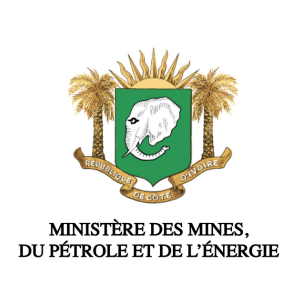










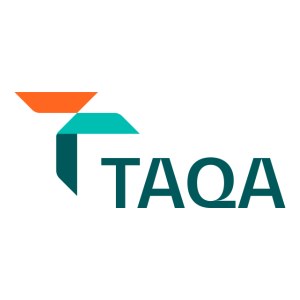
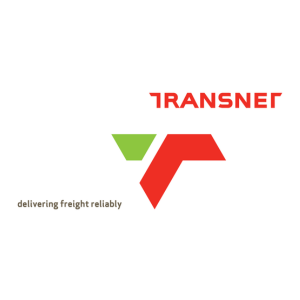



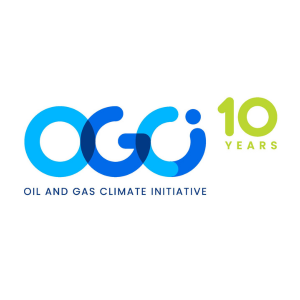


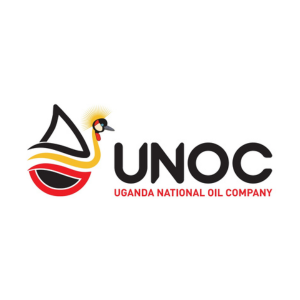
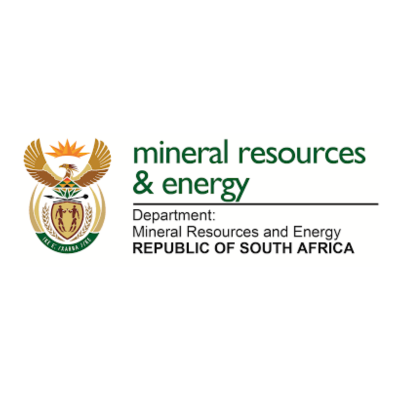
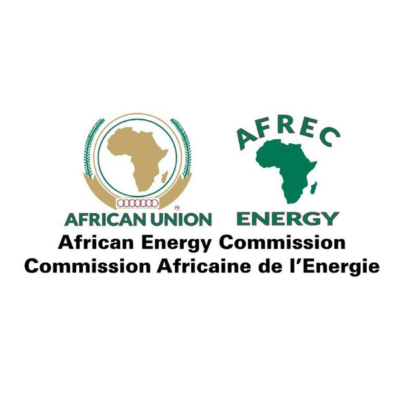

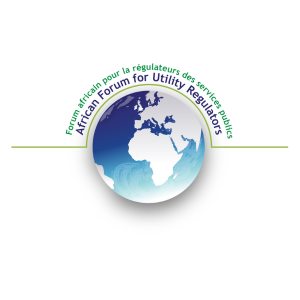

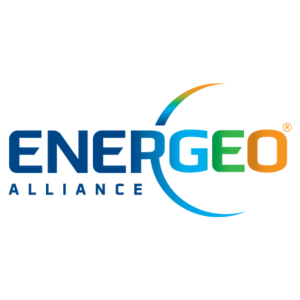

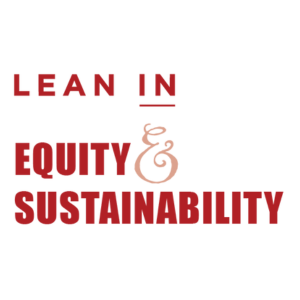

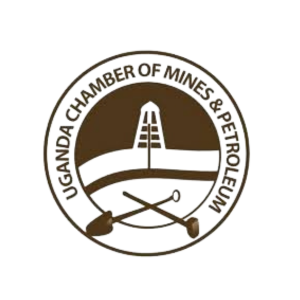



.jpg?ext=.jpg)
